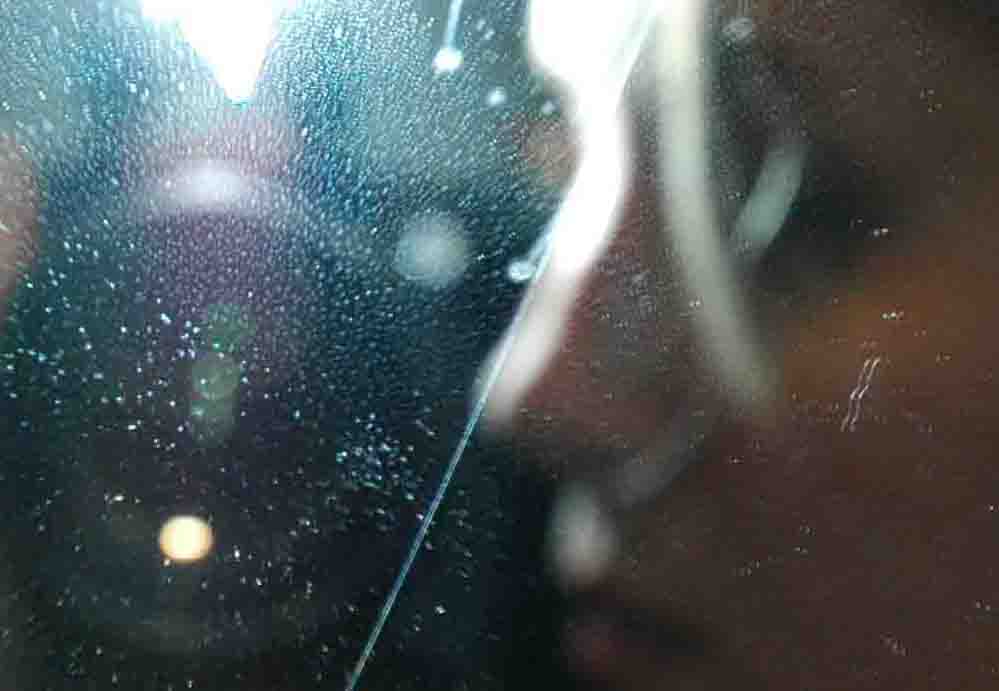A Hora da Estrela
Sometime this week, I wrote something about how bad things are here in Brazil - politically speaking - and how I just wished I could leave, or that all the politicians would. Because of internet problems, I couldn't post it. And although all that is still true, I think you don't have to hear me complaining about national politics here. So, this post will be happier - ok, no, not happier, but at least more useful. It will be about Clarice Lispector.
There is an exihbit about her life and work at a museum in Sao Paulo (and  if you live here, you should go). The whole exihbit is based on shadows and light, and on things that are not so visible, not obvious to the eye. In one room, you have 4 walls covered with drawers, 2 thousand in total. Some of them open, and give you little insights on her life, on her work. But that is all you get from Clarice Lispector, true to who she was in life. Clarice was, to everyone that knew her, a mistery. She was unhappy, or so she seemed to be. She carried the weight of the world in her back, and that is visible in her books. "The sadness in the book is so real, so clear, that I can only say that I am sorry that you have to feel this much. What we feel while reading your book, the uncontrolable sadness it provokes, must be five times more intense for you. And for that, I am sorry that you have to suffer this much".
if you live here, you should go). The whole exihbit is based on shadows and light, and on things that are not so visible, not obvious to the eye. In one room, you have 4 walls covered with drawers, 2 thousand in total. Some of them open, and give you little insights on her life, on her work. But that is all you get from Clarice Lispector, true to who she was in life. Clarice was, to everyone that knew her, a mistery. She was unhappy, or so she seemed to be. She carried the weight of the world in her back, and that is visible in her books. "The sadness in the book is so real, so clear, that I can only say that I am sorry that you have to feel this much. What we feel while reading your book, the uncontrolable sadness it provokes, must be five times more intense for you. And for that, I am sorry that you have to suffer this much".
 if you live here, you should go). The whole exihbit is based on shadows and light, and on things that are not so visible, not obvious to the eye. In one room, you have 4 walls covered with drawers, 2 thousand in total. Some of them open, and give you little insights on her life, on her work. But that is all you get from Clarice Lispector, true to who she was in life. Clarice was, to everyone that knew her, a mistery. She was unhappy, or so she seemed to be. She carried the weight of the world in her back, and that is visible in her books. "The sadness in the book is so real, so clear, that I can only say that I am sorry that you have to feel this much. What we feel while reading your book, the uncontrolable sadness it provokes, must be five times more intense for you. And for that, I am sorry that you have to suffer this much".
if you live here, you should go). The whole exihbit is based on shadows and light, and on things that are not so visible, not obvious to the eye. In one room, you have 4 walls covered with drawers, 2 thousand in total. Some of them open, and give you little insights on her life, on her work. But that is all you get from Clarice Lispector, true to who she was in life. Clarice was, to everyone that knew her, a mistery. She was unhappy, or so she seemed to be. She carried the weight of the world in her back, and that is visible in her books. "The sadness in the book is so real, so clear, that I can only say that I am sorry that you have to feel this much. What we feel while reading your book, the uncontrolable sadness it provokes, must be five times more intense for you. And for that, I am sorry that you have to suffer this much". 
"Escrever é tantas vezes lembrar-se do que nunca existiu" ("to write is to remember over and over again something that never existed") says one of her quotes in the first room. Another quote of hers, one of the most famous, says "I am such a mistery I don't even inderstand". And that is what I get from Clarice Lispector. A person I just can't grasp, a loneliness I don't want to imagine, and a truth that we see only through veils and shadows. But what I see is beautiful anyway. However painful or inexplicable.


0 Comments:
Post a Comment
<< Home